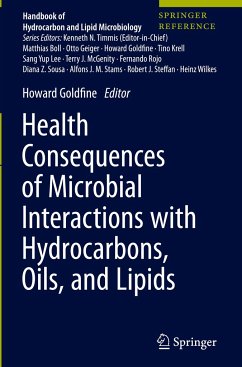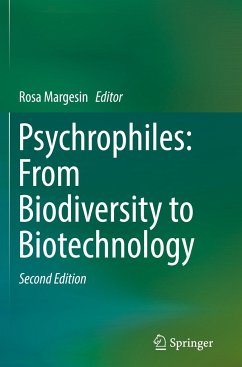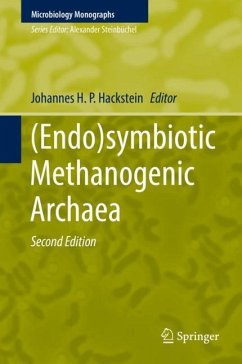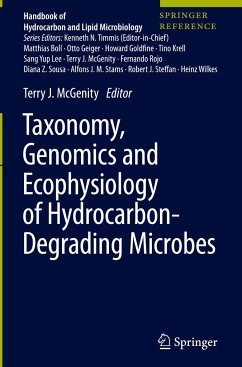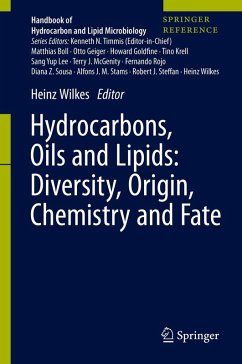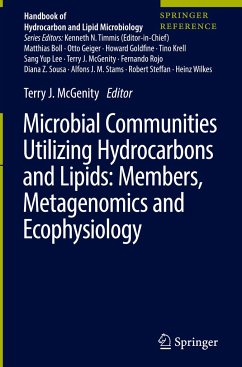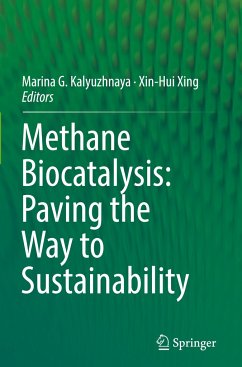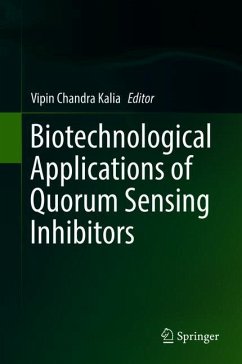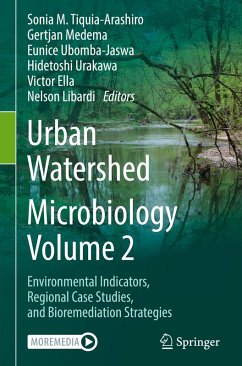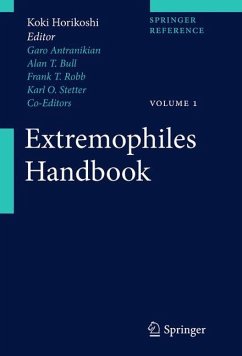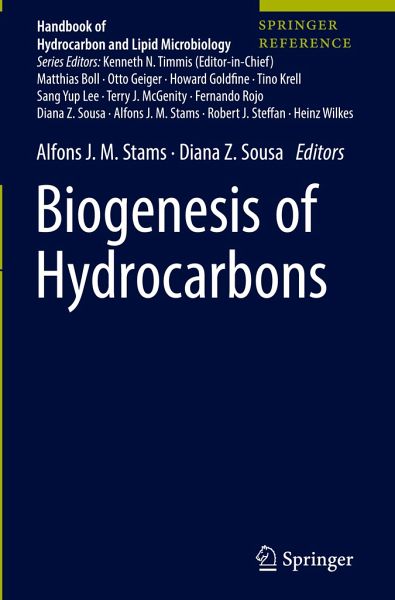
Biogenesis of Hydrocarbons
Versandkostenfrei!
Versandfertig in 6-10 Tagen
264,99 €
inkl. MwSt.

PAYBACK Punkte
132 °P sammeln!
The book covers the microbiological, environmental and biotechnological aspects of alkane production. Alkanes are important energy-rich compounds on earth. Microbial synthesis of methane and other alkanes is an essential part of the geochemical cycling of carbon and offers perspectives for our biobased economy. This book discusses different aspects of current knowledge of microbial alkane production. Chapters with state of the art information are written by renowned scientists in the field.The chapters are organised into four themed parts:1. Biochemistry of Biogenesis - Hydrocarbons2. Taxonomy...
The book covers the microbiological, environmental and biotechnological aspects of alkane production. Alkanes are important energy-rich compounds on earth. Microbial synthesis of methane and other alkanes is an essential part of the geochemical cycling of carbon and offers perspectives for our biobased economy. This book discusses different aspects of current knowledge of microbial alkane production. Chapters with state of the art information are written by renowned scientists in the field.
The chapters are organised into four themed parts:1. Biochemistry of Biogenesis - Hydrocarbons2. Taxonomy, Ecophysiology and Genomics of Biogenesis - Hydrocarbons3. Biogenic Communities: Members, Functional Roles4. Global Consequences of Methane Production
The chapters are organised into four themed parts:1. Biochemistry of Biogenesis - Hydrocarbons2. Taxonomy, Ecophysiology and Genomics of Biogenesis - Hydrocarbons3. Biogenic Communities: Members, Functional Roles4. Global Consequences of Methane Production



